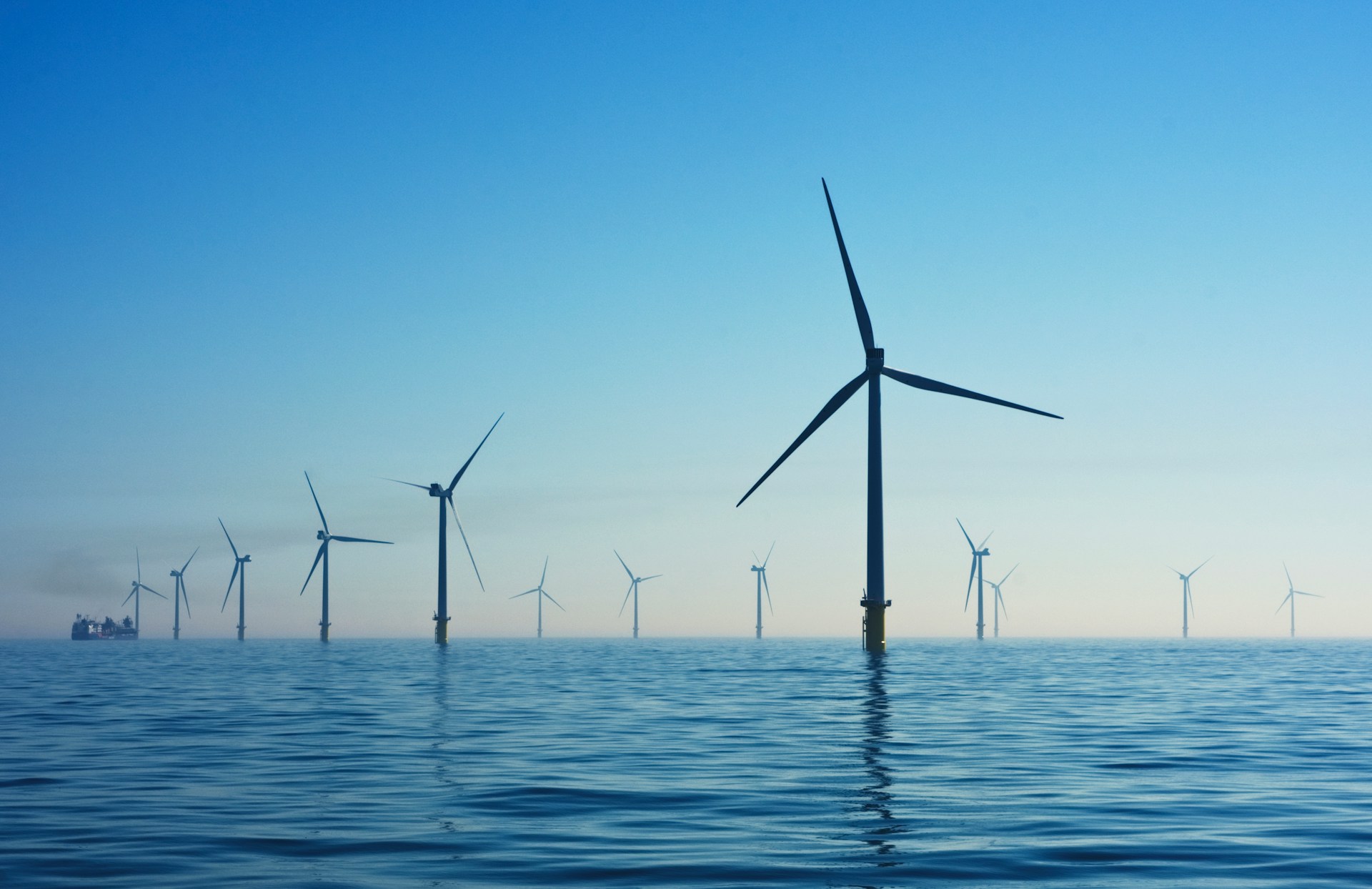The British Labour Party has pledged to relax planning restrictions for onshore wind farms in England within weeks if it wins the upcoming parliamentary elections, aiming to convince voters of their renewable energy plans. This news was reported by the Financial Times.
Currently, Labour leads the Conservatives in opinion polls and believes that developers’ ability to build onshore wind farms in England can be improved “as soon as Parliament sits,” without the need for new legislation. A Labour spokesperson told the newspaper that this change would have an immediate impact on developers’ willingness to advance plans for onshore wind energy in England.
The party’s commitment comes as part of a broader strategy to boost renewable energy sources in the UK. Labour has emphasized the importance of clean energy in tackling climate change and reducing the country’s carbon footprint. By removing bureaucratic barriers, they aim to accelerate the development of green infrastructure.
In addition to onshore wind farms, Labour’s energy policy includes investments in solar power and other renewable technologies. The party has outlined plans to support the green economy, create jobs, and ensure energy security for the future.
Critics, however, argue that simply easing planning restrictions might not be sufficient to address all the challenges faced by developers. Issues such as grid connectivity, financial incentives, and local opposition also play significant roles in the development of onshore wind projects.
Despite these challenges, Labour remains confident that their approach will significantly boost the renewable energy sector. They argue that clear and decisive action is needed to meet the UK’s climate targets and transition to a more sustainable energy system.
If Labour succeeds in forming the next government, the proposed changes could mark a significant shift in the UK’s renewable energy policy, with potential long-term benefits for the environment and the economy. The party’s focus on clean energy reflects a growing recognition of the urgent need to address climate change and move towards a more sustainable future.
